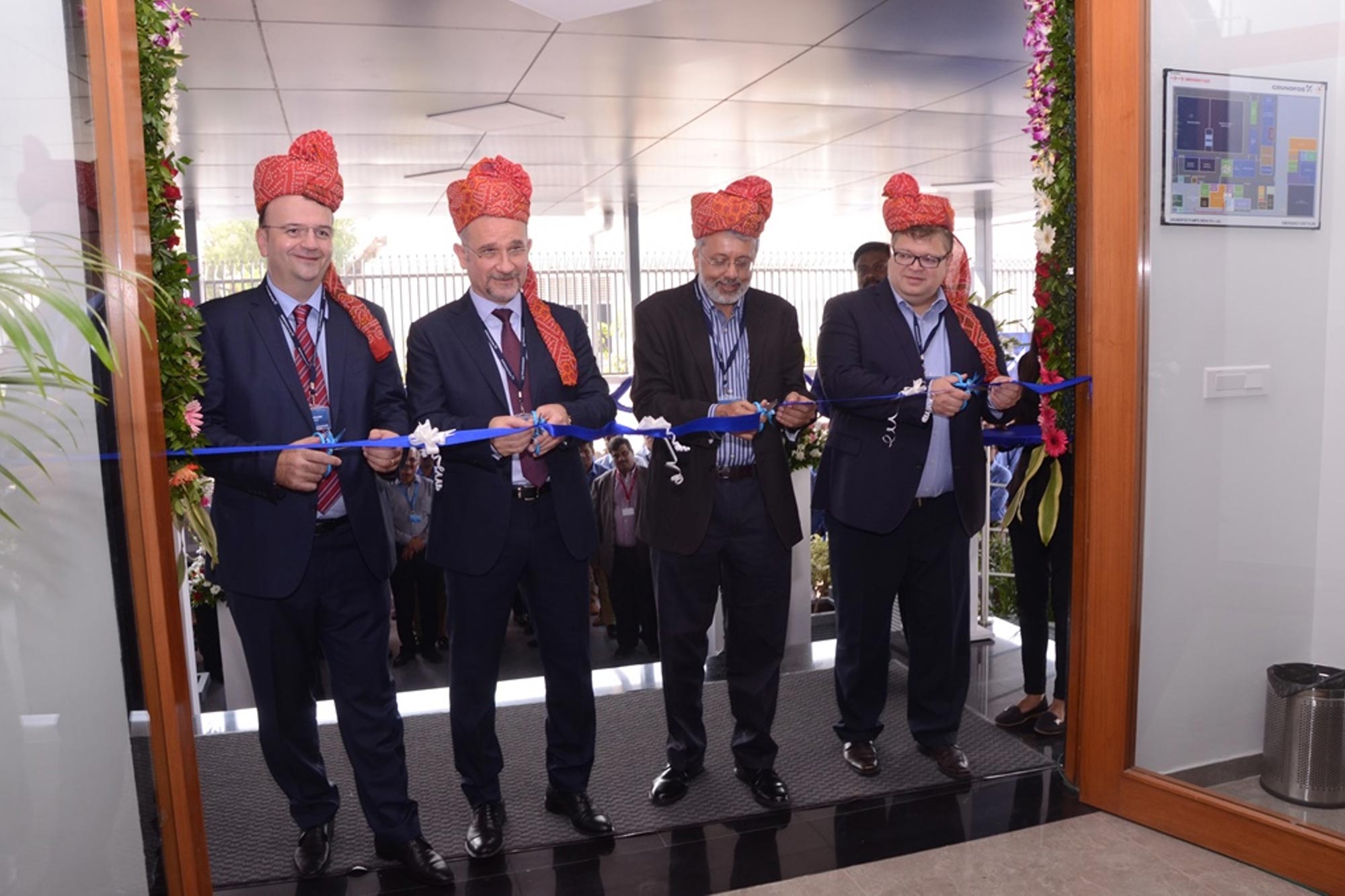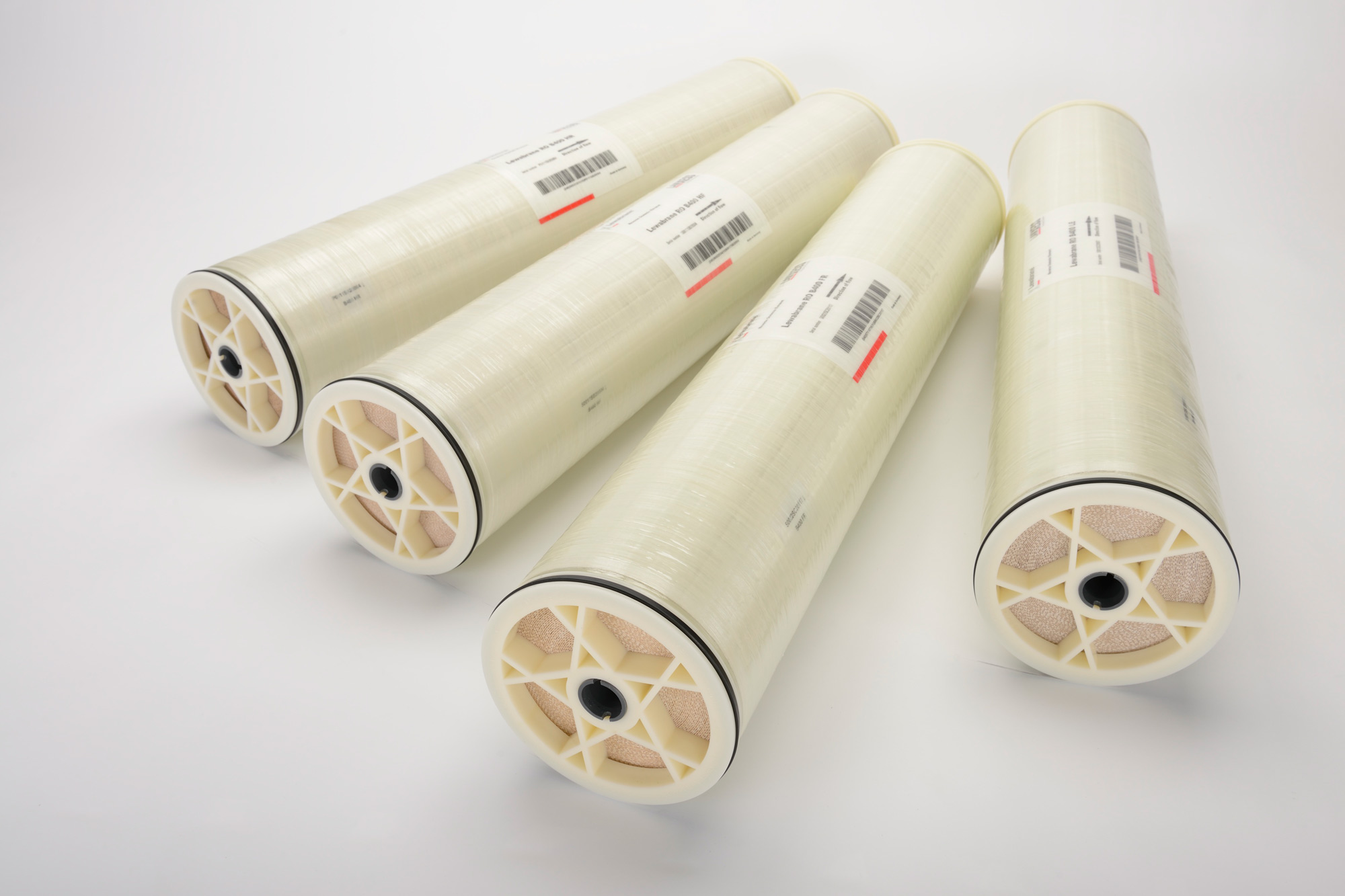CleanMaxx is designed to solve majority of wastewater problems
By Edit Team | April 3, 2020 11:03 am SHARE

Priyanka Khaire, Executive- Bioremediation at Organica Biotech Pvt Ltd gives an insight on the wastewater challenges in India and how CleanMaxx, a research-backed revolutionary product offered by the company is designed to address a majority of the problems encountered.
How can wastewater be recycled and what are the technologies used commonly?
Treatment processes in wastewater recycle are employed either singly or in combination to achieve reclaimed water quality goals. Considering the key unit processes and operations commonly used in water recycle, an almost endless number of treatment process flow diagrams can be developed to meet the water quality requirements of a certain reuse application.
Many factors may affect the choice of water recycle technology. Key factors include the type of water reuse application, recycled water quality objectives, the wastewater characteristics of the source water, compatibility with existing conditions, process flexibility, operating and maintenance requirements, energy and chemical requirements, personnel and staffing requirements, residual disposal options and environmental constraints.
Industries in India commonly use chemical reagents such as reverse osmosis technology, multiple effect evaporator and bioremediation of wastewater. Reverse Osmosis (RO) is a widely accepted unit operation for water purification. The water is typically pressured between 150 to 600 psig and pass through either thin film composite or cellulose acetate membranes. RO water recoveries of 70-90 per cent are typical and salt rejection rates are between 90-99 per cent. The most important factor in treating industrial wastewater with reverse osmosis is the pretreatment. It is very essential before going for RO due to the membrane limitation of high – Chemical Oxygen Demand (COD) and high – Total Dissolved Solids (TDS).
RO membranes cannot handle the effluents with very high COD and TDS. These membranes are susceptible to fouling and mineral scaling. CAPEX and OPEX for both Multi-Effect Evaporator (MEE) and RO are very high making them less economical. Bioremediation technology involves the application of microorganisms for the biodegradation of organic contaminant. It is the simplest technology, economically attractive as well as well accepted by the public because of its eco-sustainable quality. Unlike chemical treatment, bioremediation is natural and less sludge producing technology.
Please talk about your technology solutions offered to the sector?
We provide biotech solutions for wastewater treatment on an industrial level. The initial stages of the organisation saw a number of developments regarding the application of a consortium of microbes for wastewater treatment purposes in industries, ponds, lakes and septic tank managements. The conversant research over the years have enabled the company to develop robust biotechnological products which have consistently reduced sludge volume, reduced operational costs, curbed the emission of foul stench and lowered the COD and Biochemical Oxygen Demand (BOD) levels in industrial settings significantly.
“CleanMaxx”, is one of our product developed to solve the majority of wastewater problems. CleanMaxx not only contains the right bacteria and enzyme concentrations to enhance the entire process but, is also used in normal conditions to maintain the balance of the system and reestablish systems having experienced upsets. Effective biodegradation of intricate compounds in to simple compounds imparts several benefits to the wastewater treatment process, including reduction in COD levels and alleviation of hazardous and recalcitrant components from the system. It can degrade wide range of compounds like surfactants, fats, oils, mercaptants, phenols, cresylates, hydrocarbons, aromatic compounds etc.
The microbes used in CleanMaxx are conferred with GRAS (Generally Regarded as Safe) status and facilitate the recycling of wastewater. The varied nature of these microbes reduce start up times after commissioning and enable effective handling of shock loads even in high TDS levels. Our products perform in adverse environmental conditions. The products are crafted for a wide range of processes like activated sludge process, anaerobic reactors, extended aeration, attached growth, MBR, SBR, MMBR, Bio Trickling Filters, RBC, UASB, Biofilters etc.
What are the major challenges faced by water treatment solution providers?
Initially, the lack of awareness about the importance of wastewater treatment, public appreciation for the value of water and the different methods available for the same proved to be a major hurdle in appropriate treatment of industrial effluent.
Traditionally some people resorted to manure as the source of microbes. Usage of microbes was not only associated with increased pathogenicity but also in ineffective treatment of wastewater. With the advancement of technology and increasing stringency of environmental norms, most industries are making a switch to more viable biological alternative for wastewater treatment.
India is a massive country harbouring erratic climatic patterns. These conditions deter the growth of microbes in the biological section of effluent treatment plants. The biggest challenge India faces in case of domestic wastewater is the cost of setting up of wastewater treatment plants and restructuring of sewerage systems. The Centre for Science and Environment estimates that Rs 1 crore per million litres is the cost incurred to build a wastewater plant. Without adequate support from the government and private sector, urban and rural India will not be able to afford the building of such plants and would rather opt to discharge wastewater directly into water bodies.
The unavailability of land also acts as a common hindrance in the building of wastewater plants in India, especially in urban areas. The land is a highly expensive commodity in India and specifically in urban India. To set up a wastewater treatment plant requires land acquiring, which is difficult. Other challenges like continuous power supply, skilled labour force, adhering to environmental guidelines are consistent features in setting up of wastewater treatment plants.
Cookie Consent
We use cookies to personalize your experience. By continuing to visit this website you agree to our Terms & Conditions, Privacy Policy and Cookie Policy.




































-20240213125207.png)

























